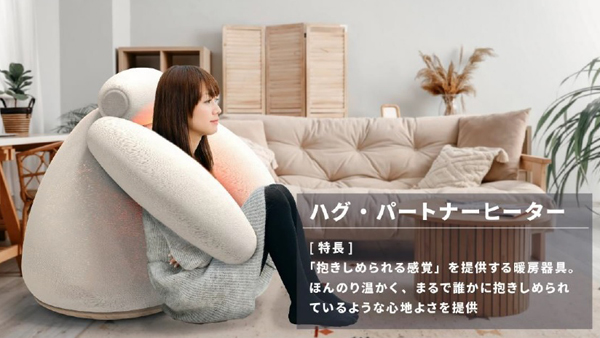Creating new product ideas with the fictional product mall NTT DX Partners

NTT DX Partners released the “Fictional Product Mall” on December 16th last year, where a generative AI generates new product ideas, as part of the “New Product Production Business” that turns manufacturers’ new product development into successful experiences.
As a preliminary test, workshops were held with five manufacturers from September last year to generate ideas using some of the functions of the “Fictional Product Mall”. Approximately 100 consumers experienced the generation of fictional products using AI. The “Fictional Product Mall”, which has updated its functions based on the workshop, will be made public and will be useful for manufacturers’ new business and new product development.
The workshop produced new product ideas such as Fukumitsuya’s “Protein Ice Bar (a healthy ice cream based on rice fermentation technology)” and Yamato Eslon’s “Portable Quick-Drying Toothbrush (a toothbrush that keeps toothbrushes clean when used on the go)”. Metro Electric has also begun considering developing the following new product ideas from the workshop: “Hug Partner Heater (a cushion-type heater that gives the feeling of being hugged when your heart is cold),” “Infrared (silent) Hair Dryer (a hair dryer that can be used even in the middle of the night without worrying about noise),” and “Pizza Re-Heater (a heater that warms up the cheese part of pizza).”
The “Fictional Product Mall” consists of an AI learning function, an AI chat function, and a test marketing function.
The AI ??learning function makes it possible to create ideas that utilize the technical capabilities and patents of manufacturers by having the AI ??learn about them in advance.
The AI ??chat function combines “common concerns of consumers” with “AI” to create many fictional products that are more innovative than if the company were to come up with ideas alone.
The test marketing function uses a ranking format to verify which of the fictional products created will attract the most “want”. This makes it possible to consider commercialization taking into account rankings and consumer reactions, making it easier to forecast demand.
Park Jae-moon, producer at NTT DX Partners, said, “We want to not just come up with ideas for new products internally, but also explore ways in which companies, consumers, and local communities can work together to create them”.
※Translating Japanese articles into English with AI
